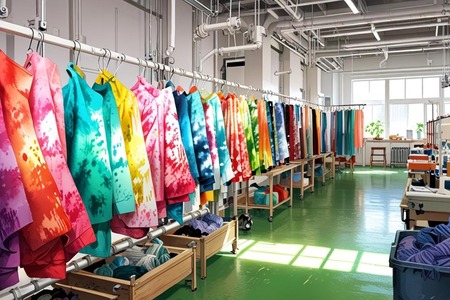
Stretchline Holdings Ltd pledges to reduce greenhouse gas emissions
YarnsandFibers News Bureau 2022-04-04 03:02:43 – Sri LankaStretchline Holdings Ltd, a manufacturer of narrow elasticated fabrics, has pledged to dramatically reduce its greenhouse gas emissions (GHG) by 2030 in collaboration with The Science Based Targets program (SBTi).
SBTi works with businesses to help them develop emission reduction goals that are in line with climate science and the Paris Agreement. It encourages best practices for setting science-based goals and examines them independently. SBTi has pledged to reduce world emissions by more than half by 2030, and to achieve net-zero emissions by 2050, in order to accelerate corporate climate action.
Stretchline has defined science-based targets to achieve near-term reductions in GHG emissions for all of its seven global operations: Sri Lanka, China, Indonesia, Mexico, Honduras, the United Kingdom, and the United States, in collaboration with SBTi. The corporation claims that by doing so, it is demonstrating its commitment to sustainability and participation in global climate action.
Stretchline has established two particular GHG emission reduction goals: Stretchline claims it will spend heavily on solar power projects around the world to fulfill these objectives, as well as pursue operational excellence through technical advancements. Furthermore, reducing GHG emissions will be a top goal in the company's sustainability initiatives.
Xavier Vidal, Stretchline CEO, said that responsible manufacturing has always been at the heart of all they do at Stretchline. Being an ethical, responsible manufacturer is vital to any organization and should be a natural part of its culture.
Market Intelligence
Ask for free sample Report

experience
Customer Base
dedicated team
Countries Served Worldwide









